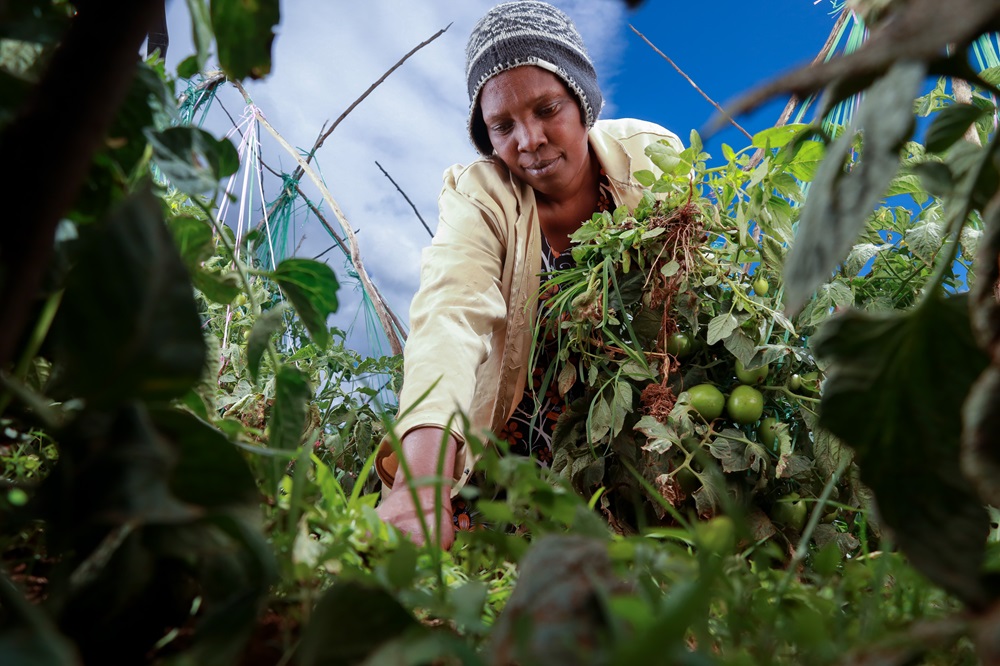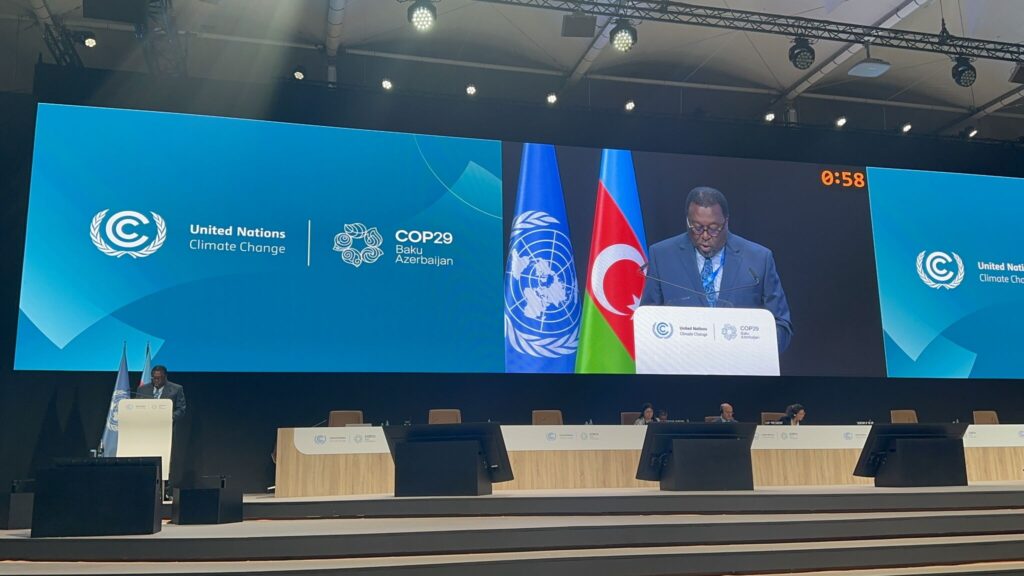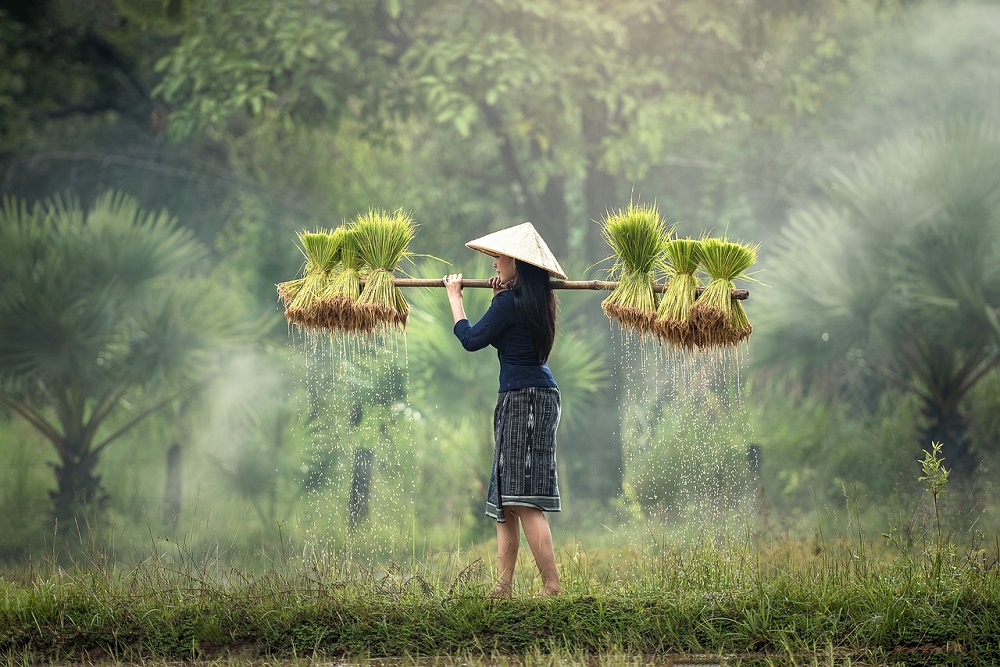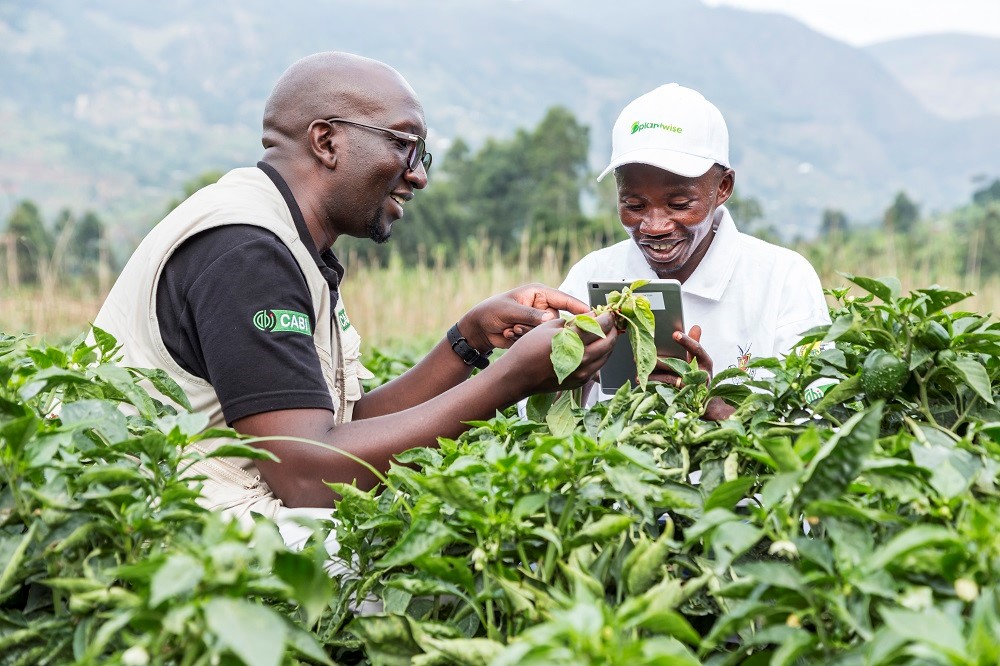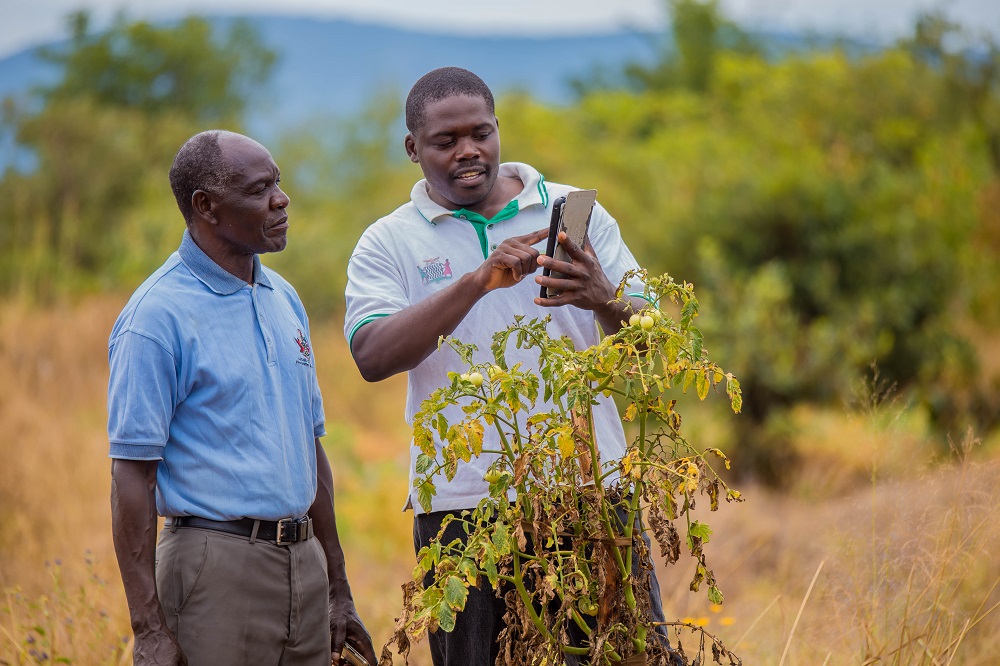The climate crisis disproportionately affects women and girls. We need to act on climate change and gender!
The climate crisis does not affect everyone equally. Women and girls are more likely to experience the greatest impacts of climate change. According to the UN Environment Programme, for example, 80% of people displaced by climate change are women. And in an article from 2022, the UN Entity for Gender Equality and the Empowerment of…
Helping communities adapt to the impacts of climate change
To mark Earth Day on 22nd April, we’ve highlighted three of our stories on agriculture and climate change from the past year. The world is witnessing growing incidents of the new “normal” caused by global warming. No longer regarded as a future challenge to be faced in the next few decades, climate disruption is…



